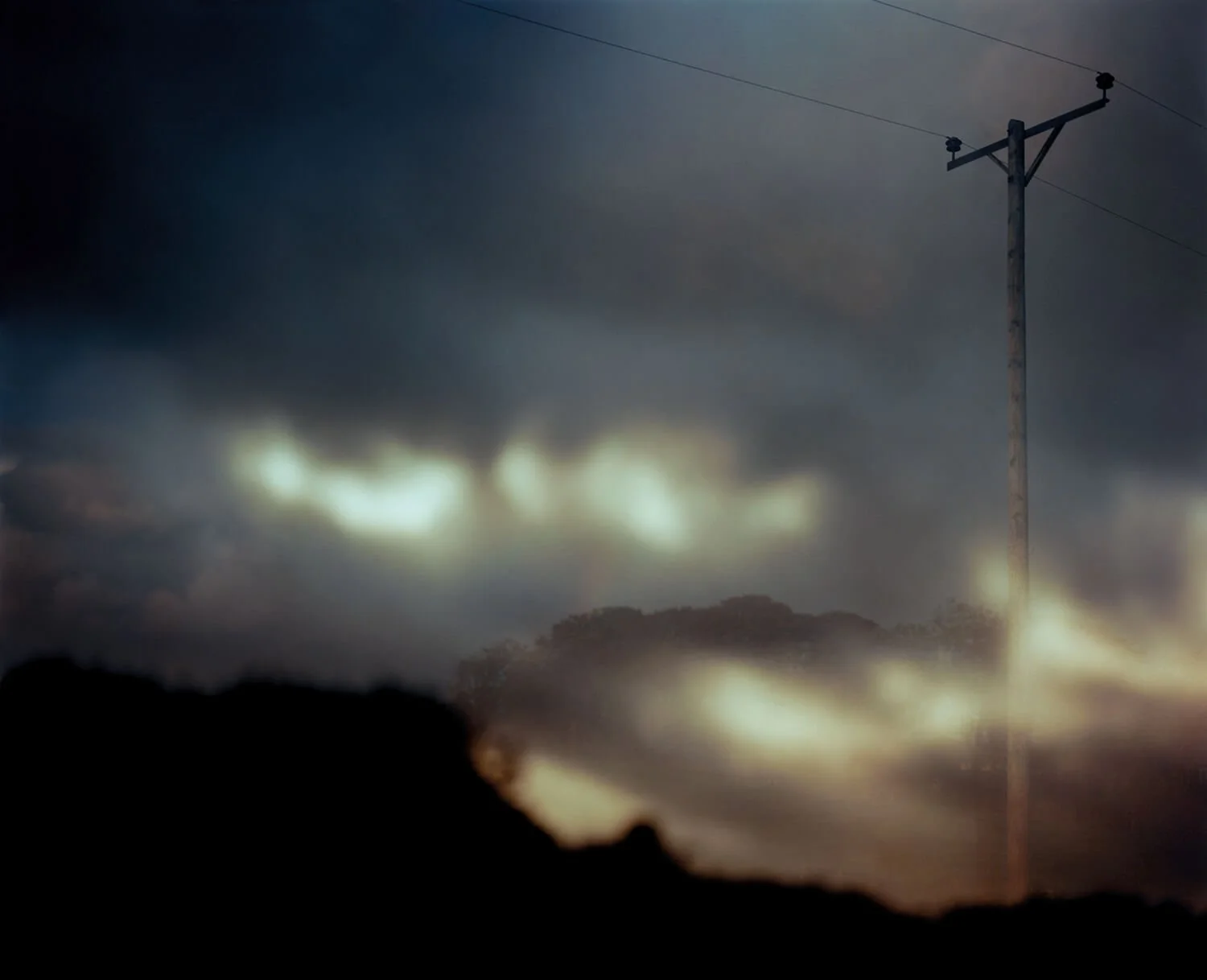Field
Verse I 2007 - 2009
© Nicholas Hughes
“The dream of deep ecology will never be realised on earth, but our survival as a species may be dependent on our capacity to dream it in the work of our imagination”. From ‘Song of the earth’. (Jonathan Bate).
Having sought previously to create a primordial forest in central London, it seemed an appropriate next step to remove myself to a more remote location in order to further examine the human relationship with nature. At the outset of a two-year period spent in the far southwest of England I determined to restrict my attention to only that which lay within my immediate vicinity and was accessible by foot. In line with previous attempts to work within a defined space I made a field bordering my home the arena of my activities. Submerging myself within this space satisfied my desire to restrict my impact on the Earth, for in place of travel to new and exotic destinations I sought the new and exotic at home.
-
I found inherent in this field a powerful symbol of an historic and continuing paradigm. Upon leaving our ancient forested home, the cutting of fields marked our first attempts to colonise the wilderness and harness nature for material gain, and in our misguided use of the rainforests today we see how little our philosophies have progressed since.
Yet whilst the land carries the tale of its own destruction, it continues to present alternatives for the future. Finding little to disturb my camera work enabled a clawing back of senses from the oversaturated and over-stimulated media driven world and offered the possibility, through isolation, of being open to the transformative powers of nature.
This highly concentrated field study drew support from the symbolism inherent in depictions of the rural idyll, and from there emerged an allegory of three parts; an investigation of our past in order to gauge a better measure of our future.
Verse I (Apart)
Initial observations of the geography within my field of vision, despite my exile, were clouded by the congestion carried from elsewhere. Whilst aiming to capture aspects of detachment, there is considerable baggage to shed in order to gain a clearer view of the world in slower mode.
Despite carrying these thoughts into open space and wrestling with the expectations of the English landscape tradition - it was noticeable how days became a lot longer when less time was spent travelling.
In the post Romantic period of the British countryside the conflict exists between our mental construction of wilderness and the realities of an overdeveloped world. The demands of industry and the vanity of human ownership have squeezed out the parameters of the rural idyll – leaving maybe only the illusions of space available through the constructions of the camera.
In overcoming feelings of isolation I concurred with Alpers’ affirmation that “Artists often need to be withdrawn from the world for the purpose of attending better to it.” (Modern Painters).






